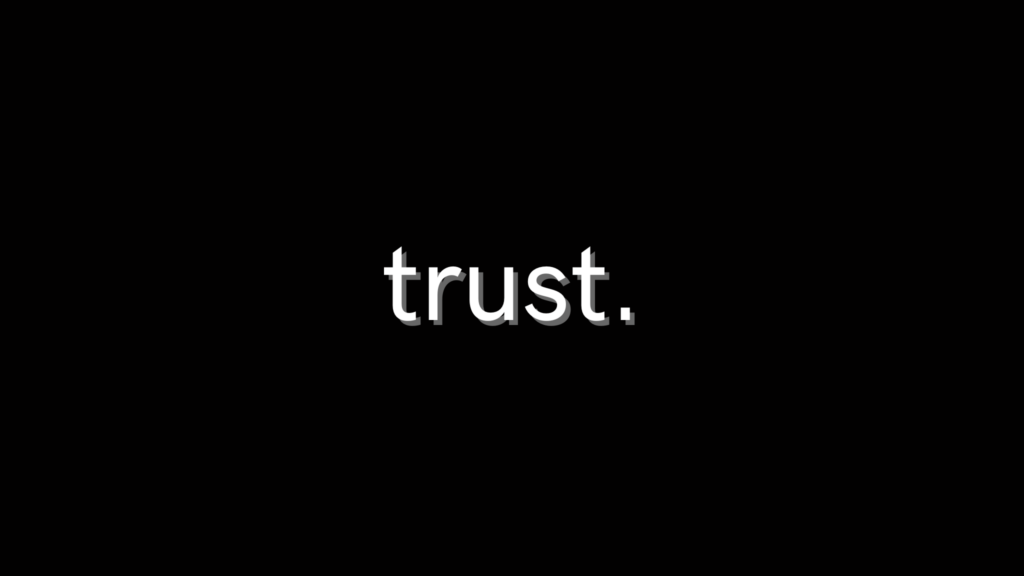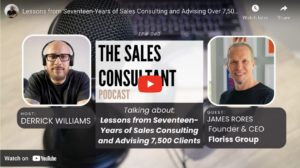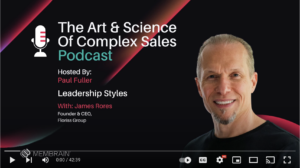Whether you are one of the 18 million people in the US with a traditional sales role or not, chances are you spend some portion of every day leading people to change. We have observed over the years that people buy (or buy into) new ideas, products or services when they are ready, willing and able to change. So selling doesn’t start with learning how to sell: It starts with understanding how, as both salespeople and servant leaders, we can help customers walk a shared path to change. So, when customers are ready, willing and able to change, they are ready, willing and able to buy!
Winning habits are created in the action center of our brains and allow us to override rationalizations and emotional responses to stimuli that can derail the decisions we make and the actions we take. Human beings develop winning habits by focusing on three areas of our personal and professional development: Mindset, Skillset, Toolset.
In Part One of this three-part series, we will focus on defining and developing mindset as a component of winning habits.
Understanding Your Mindset’s Role in Sales Success
Mindset as a component of winning habits can be thought of as “beliefs that align with success.” Our beliefs determine how we think about a circumstance. How we think determines how we feel. And, how we feel dictates the decisions we make, the actions we take and the outcomes we create.
Ultimately, the outcomes we create help determine our beliefs and the cycle repeats. Our mindset or beliefs are critical to how we begin a decision-making process and are influenced by how successful (or not) we ultimately see ourselves.
Knowing this, it’s easy to see how a person’s beliefs can limit sales performance. Things like upbringing, experience, prior training, and cultural differences can all create barriers to success, such as:
- It is impolite to talk about money
- The faster a salesperson can get to a proposal the better
- The best salespeople have the deepest product knowledge
- A salesperson can only sell to a buyer’s budget
- Buyers always tell salespeople the truth
- A buyer who asks to think it over is likely to buy
- It is normal to allow a buyer to shop around
- A salesperson is selling when he is educating a buyer
- Sales is a zero-sum game of winners and losers
- Every lead is precious and must be closed
The above beliefs are generally false and non-supportive of consistent sales success. They can also be difficult to overcome depending on the way the belief was developed. Something learned in childhood isn’t as easily eliminated or changed as something learned during your career.
That’s why we start with mindset when developing winning habits. Only by preparing your mind for success will you be able to achieve the growth you seek.
Fixed Mindset vs Growth Mindset
Psychology reveals there are two types of mindsets: fixed and growth.
In a fixed mindset, people believe their abilities, talents, and intelligence are stagnant. They’re given by nature, just like DNA. They see nothing to nurture or improve upon, so they remain at the same level of performance.
Growth mindsets continually strive to improve, operating in a student mentality to learn and grow in their performance. In a growth mindset, people work hard to polish their talent and ability and never relent to being “just good enough.”
Of the two, only a growth mindset can unlock the potential to develop winning habits.
How to Achieve a Growth Mindset
The key to transforming your mindset into one that’s ready, willing, and able to grow is understanding how your current mindset affects performance. From there, you can visualize what the ideal mindset looks and functions like, then create a path to get from one to the other.
We developed the WINS Profile™ to help you understand your mindset as a value seller so you can begin to identify potential barriers to growth and transform your mindset into one that’s more conducive to selling the way people buy.
It’s important to know that a growth mindset is a choice, and will take work and commitment to achieve, even if you already tend to demonstrate growth mindset characteristics. Only by understanding your current way of thinking will you be able to discover the real challenges you face in improving the way you sell.
Growth Mindset is Only the Beginning
Growth is the mastery of change, but it’s only the first step. The bigger picture of mindset is that any belief that blocks us from, or creates a barrier to success, must be identified so we can eliminate the barrier or build strategies that allow us to eliminate the impact the barrier has on our potential.
If the belief cannot be eliminated because it was implanted in us when we were very young by our parents or our environment, then we must build strategies that allow us to keep the belief but not allow it to impact our ability to reach and redefine our potential as salespeople and servant leaders.
For example, an executive can keep a core belief that says, “smart people with money always shop for the best price,” because that is how she was raised, and yet she can still learn strategies that allow her to build and sell the unique value of her exclusive and premium priced offerings.
In Part Two, we’ll explore the challenges of having the right skillset to position your company for sales success. Of course, you can always reach out with questions. We’re here to help.










